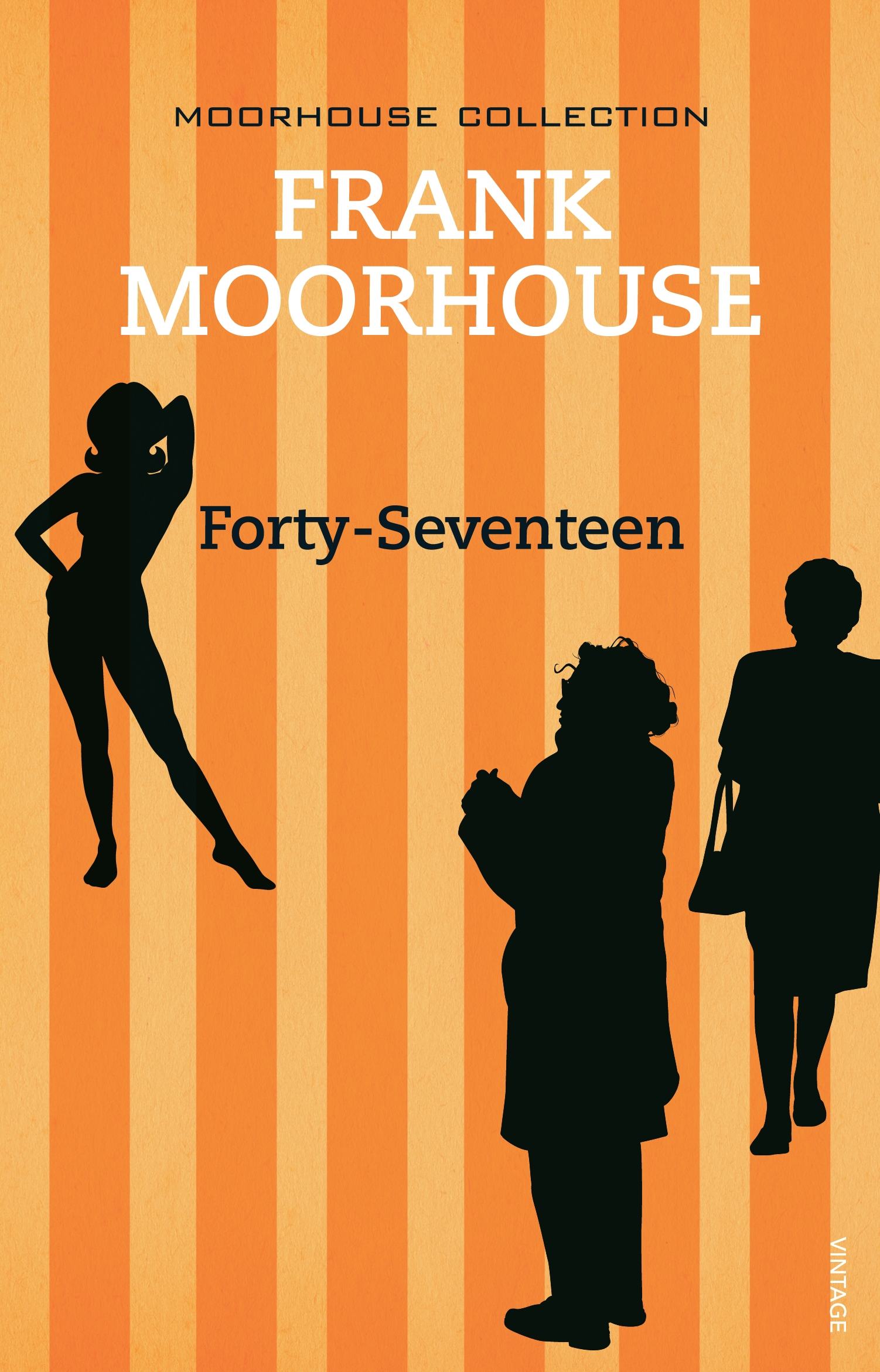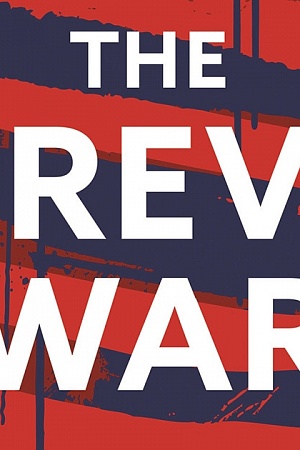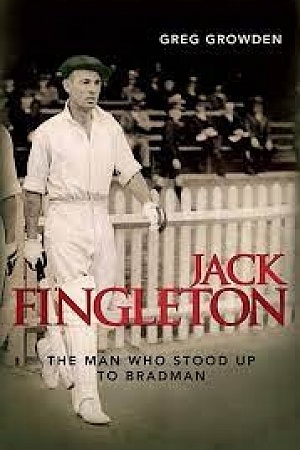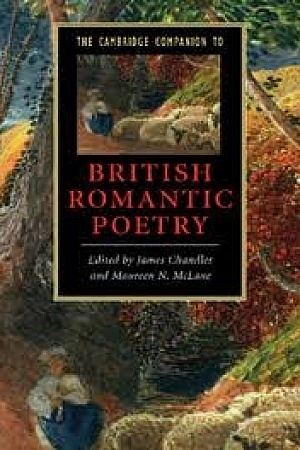Forty-Seventeen
Viking, $29.95 hb, 184 pp
Self-knowledge and the male narrator
Australians are said to be an unreflective artless lot, not given to intensive self-examination in the personal or political sense, living lives of stoical self-denial or frank hedonism. This national ideology of course assumes that ‘Australian’ is synonymous with ‘male’, and our literary ‘tradition’, whose quintessential form is the short realist narrative, carries that ideology.
As a writer, an editor, and a commentator on the 'state of the art’ of story telling and of living in Australia, Frank Moorhouse has been prominent in a widespread reaction against the restrictions on writing and reading implied by that Lawsonian tradition. In the early ’70s, Tabloid Story formalised that reaction against what Michael Wilding in ‘The Tabloid Story’ saw as the reduction of short fiction in Australia to ‘the single mythic line of the outback story’. In the push to radicalise the narrative space ‘Australian literature’, however, Moorhouse remained interested in developing the social realist story as a form for its political potential.
Continue reading for only $10 per month. Subscribe and gain full access to Australian Book Review. Already a subscriber? Sign in. If you need assistance, feel free to contact us.
















Leave a comment
If you are an ABR subscriber, you will need to sign in to post a comment.
If you have forgotten your sign in details, or if you receive an error message when trying to submit your comment, please email your comment (and the name of the article to which it relates) to ABR Comments. We will review your comment and, subject to approval, we will post it under your name.
Please note that all comments must be approved by ABR and comply with our Terms & Conditions.